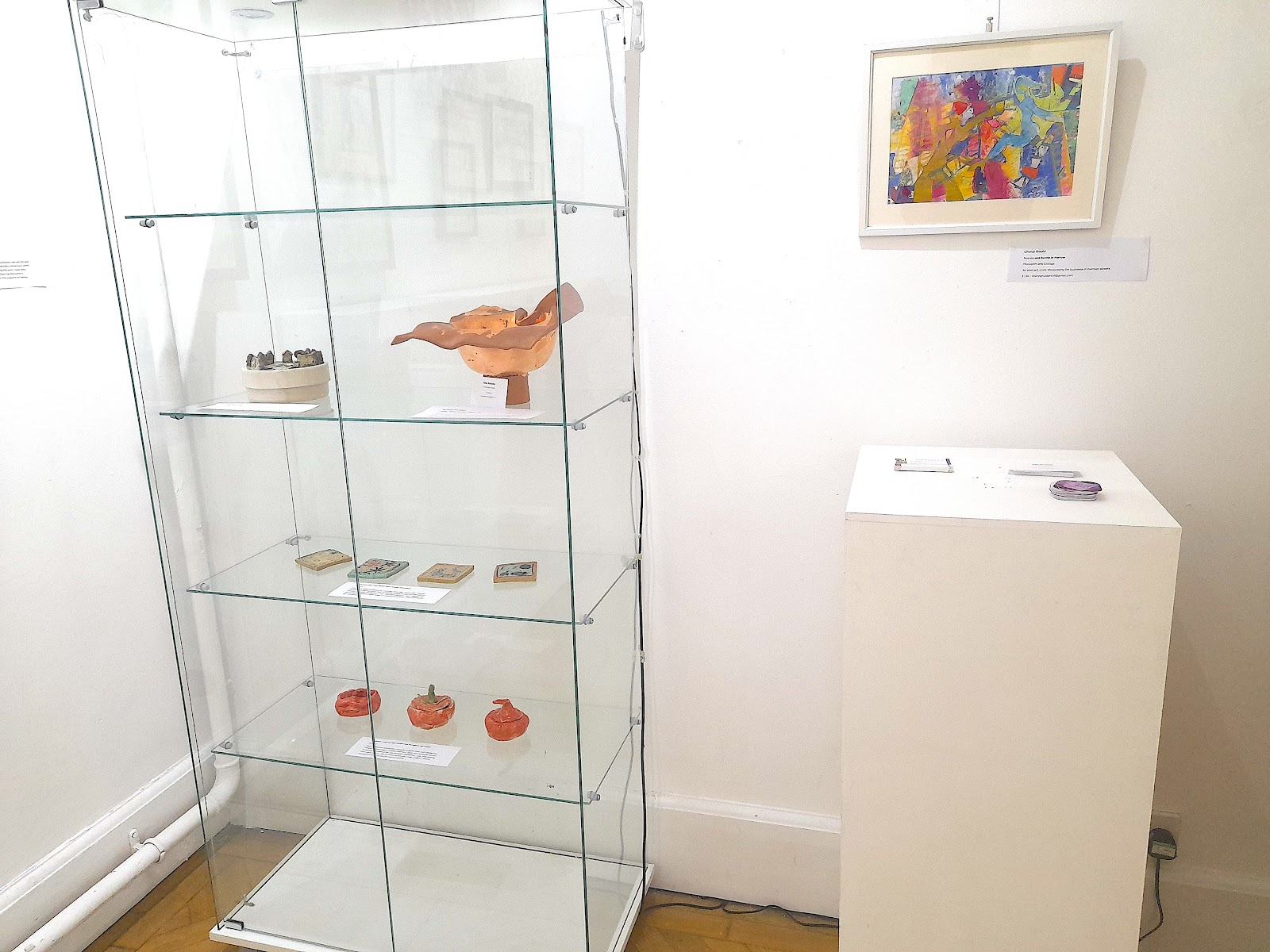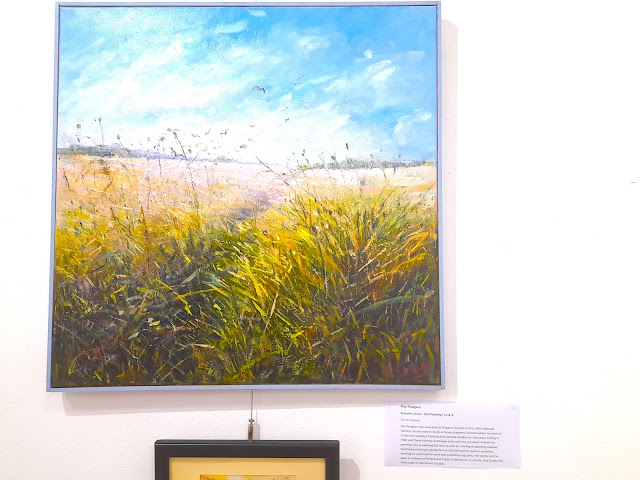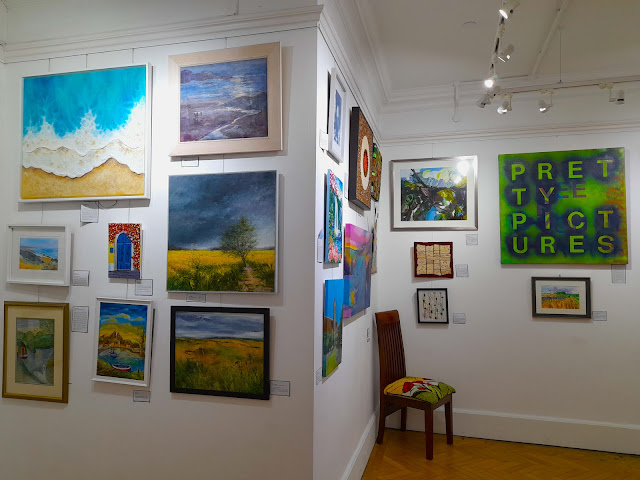Happy National Poetry Day 2024! This is a very special National Poetry Day because it marks the 30th Anniversary of National Poetry Day that was created by William Sieghart in 1994 in an effort to promote poetry who said: "There are millions of talented poets out there and it's about time they got some recognition for their work. They shouldn’t be embarrassed about reading their work out aloud. I want people to read poetry on the bus on their way to work, in the street, in school and in the pub."
With that spirit in mind, learn more about what is on today and later this week anywhere within the UK on the website of the Forward Arts Foundation charity that usually coordinates National Poetry Day events at https://forwardartsfoundation.org/national-poetry-day/whats-on/ where you can see that you can join any event from a traditional open-mic to a multilingual poetathon! Here is where you can read more about the Forward Arts Foundation: https://forwardartsfoundation.org/
As you can see, there is something for everyone to intellectually stimulate yourself at different levels and if you rather like to listen to some innovative poetry, why don't you please join me at the Writers' Forum Workshop in Pimlico Library this weekend where I will be reading from my second collection of poetry called soulgrowth to celebrate National Poetry Day. The Writers' Forum Workshop is a workshop series for experimental poetry and is free and open to all. Everyone welcome!















































